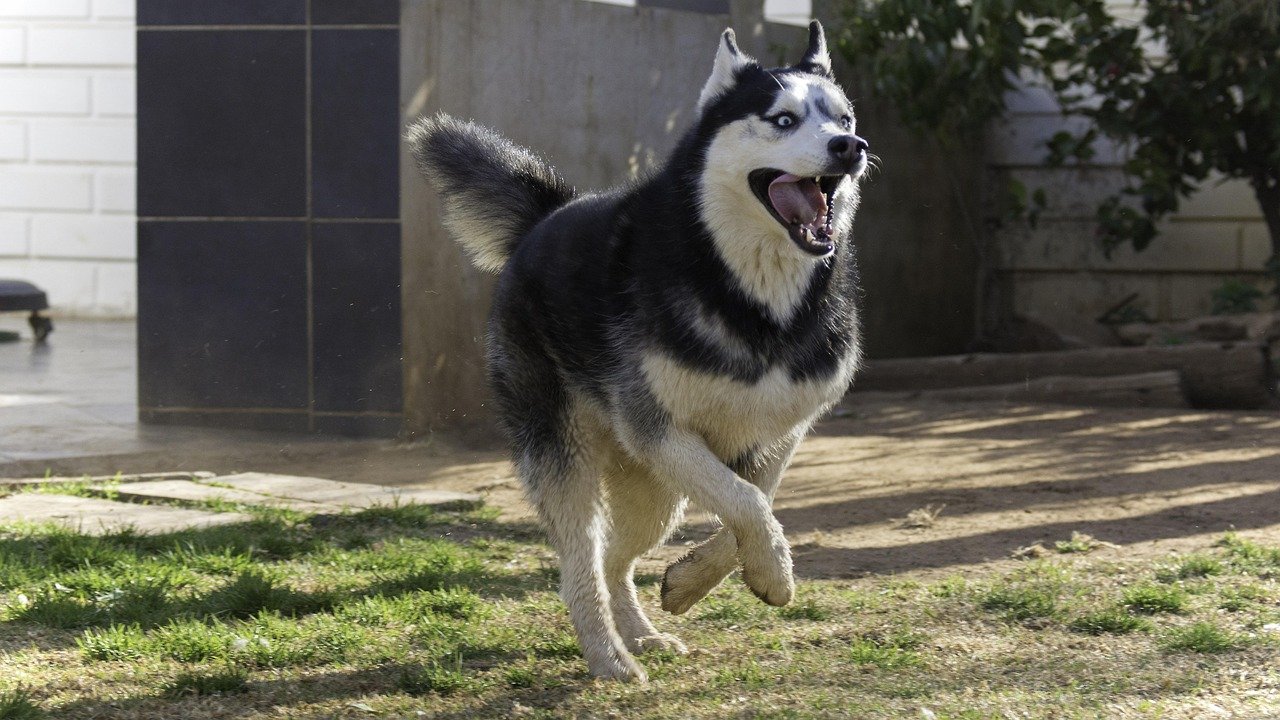Have you ever come home to find your favorite shoes chewed up, pillows destroyed, or mysterious holes dug in your backyard? If so, you might just be living with one of the world’s smartest—and most mischievous—dog breeds. Some dogs are simply too clever for their own good. Without enough mental stimulation, their boundless energy and sharp minds can turn your peaceful home into a whirlwind of chaos. These breeds don’t just want to play—they need to solve problems, learn new tricks, and explore new challenges every day. If you want a happy, well-behaved pup (and a damage-free home), you’ll need to keep their brains as busy as their tails. Let’s dive into the 12 dog breeds that absolutely crave mental stimulation, or else you’d better brace yourself for a little bit of canine mayhem!
Border Collie
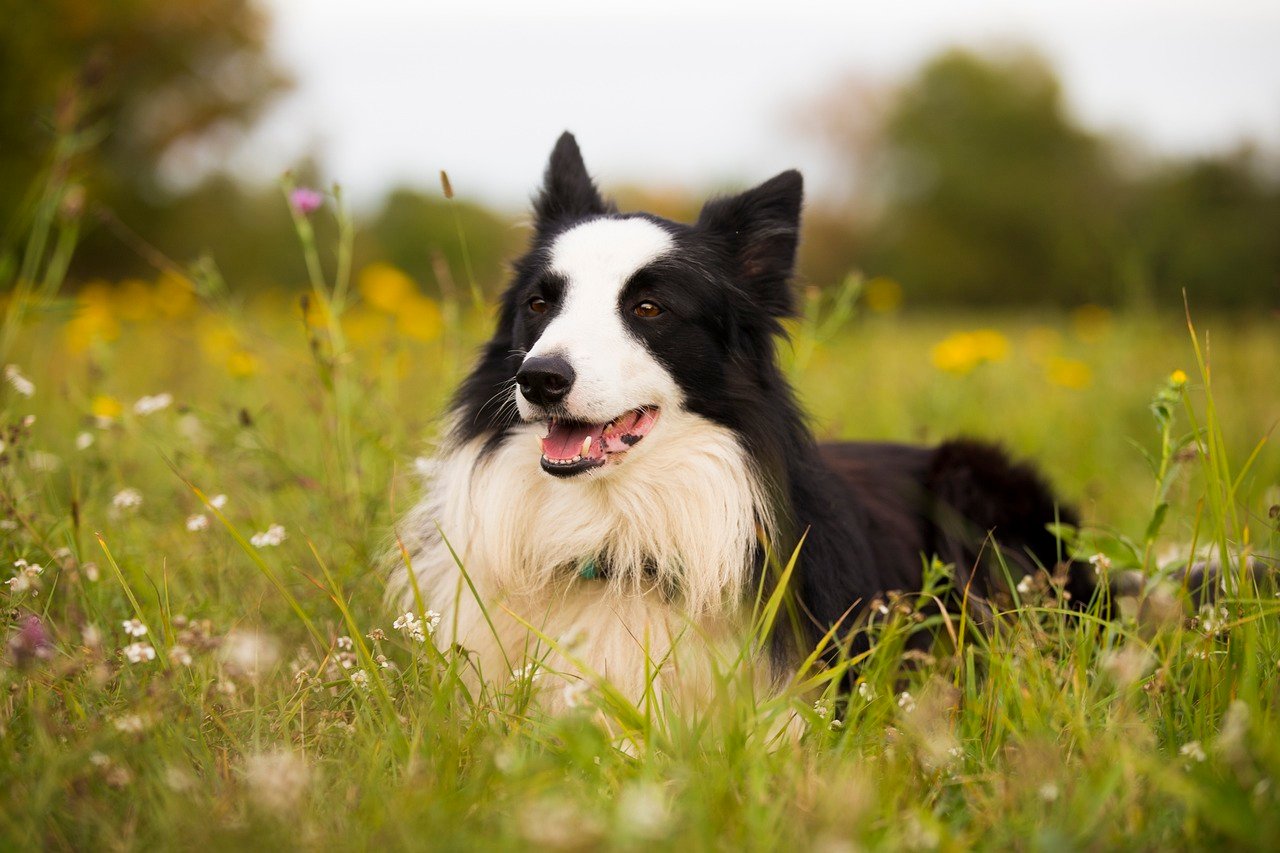
Some dogs are content with a cozy nap and a leisurely stroll—but others? They need much more to stay happy and sane. Highly intelligent and energetic, certain breeds thrive on mental stimulation, problem-solving, and a steady dose of activity. Without it, they can quickly turn your home into a disaster zone, finding creative (and often destructive) ways to entertain themselves. If you’ve ever wondered why your “good dog” suddenly shredded the couch or outsmarted the baby gate, it might be a sign they’re bored—and way too smart for their own good.
Border Collies are legendary for their intelligence and work ethic. Originally bred to herd sheep, these dogs are always searching for something to do. If they don’t get enough mental stimulation, they’ll invent their own games—like redecorating your living room or organizing your laundry. Border Collies excel at dog sports, puzzle games, and advanced obedience. A bored Border Collie can quickly become destructive, barking excessively or herding children and pets around the house. Imagine having a dog that’s always thinking three steps ahead of you! To keep them content, offer agility training, hide-and-seek games, and plenty of new experiences. Without these daily challenges, they’ll find creative (and sometimes hilarious) ways to entertain themselves—usually at your expense.
Poodle
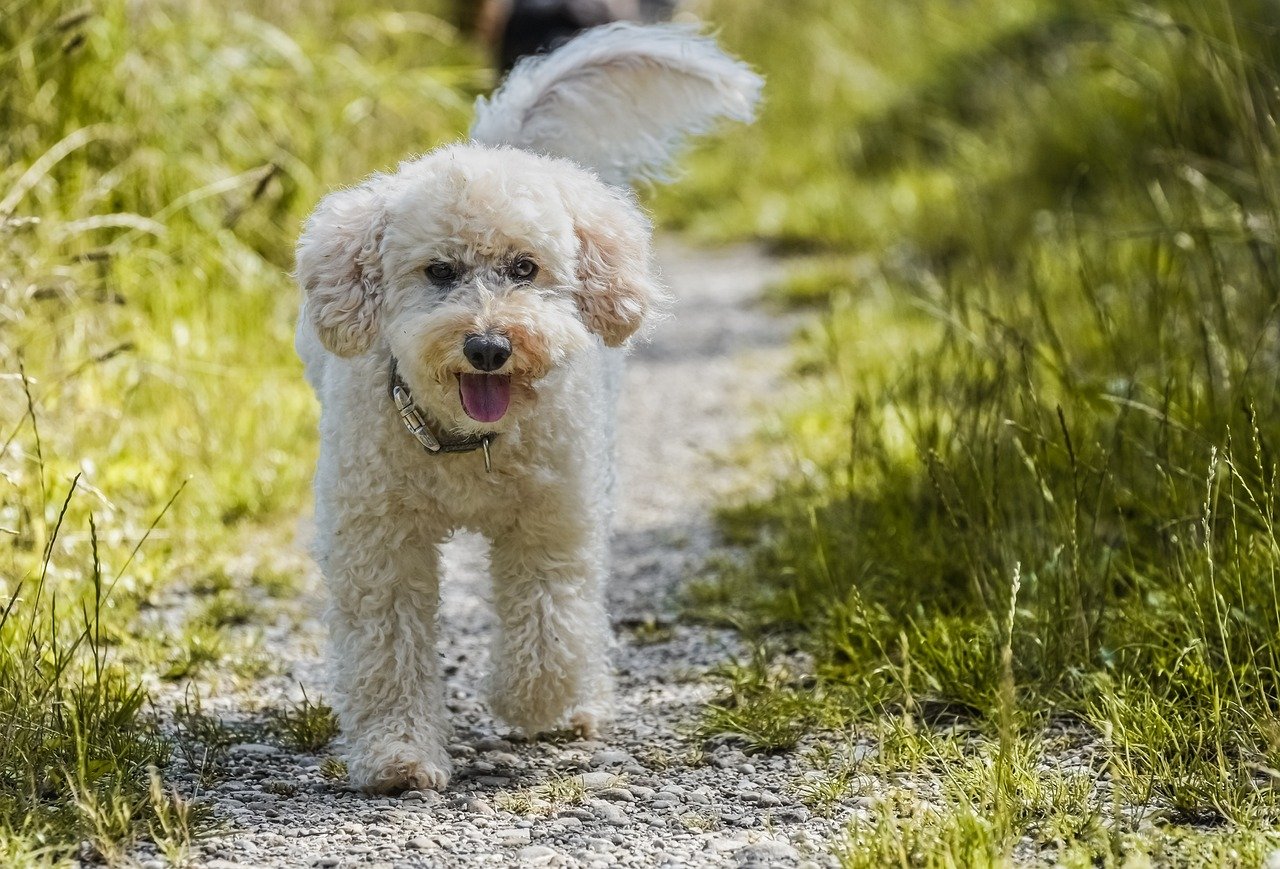
Don’t let their fancy haircuts fool you—Poodles are some of the brainiest dogs you’ll ever meet. Whether it’s a Standard, Miniature, or Toy Poodle, this breed thrives on learning and mental challenges. Poodles pick up new tricks with lightning speed and enjoy showing off their skills. If left with nothing to do, they can become noisy, anxious, or start chewing on furniture. They’re happiest when given puzzle toys, training sessions, or even a job to do, like fetching the newspaper. Their intelligence also means they’re quick to figure out how to open doors, cupboards, or even escape from yards if they’re bored. Keep them busy, and you’ll have a loyal, loving companion; neglect their minds, and you might just come home to a scene worthy of a comedy film.
Siberian Husky
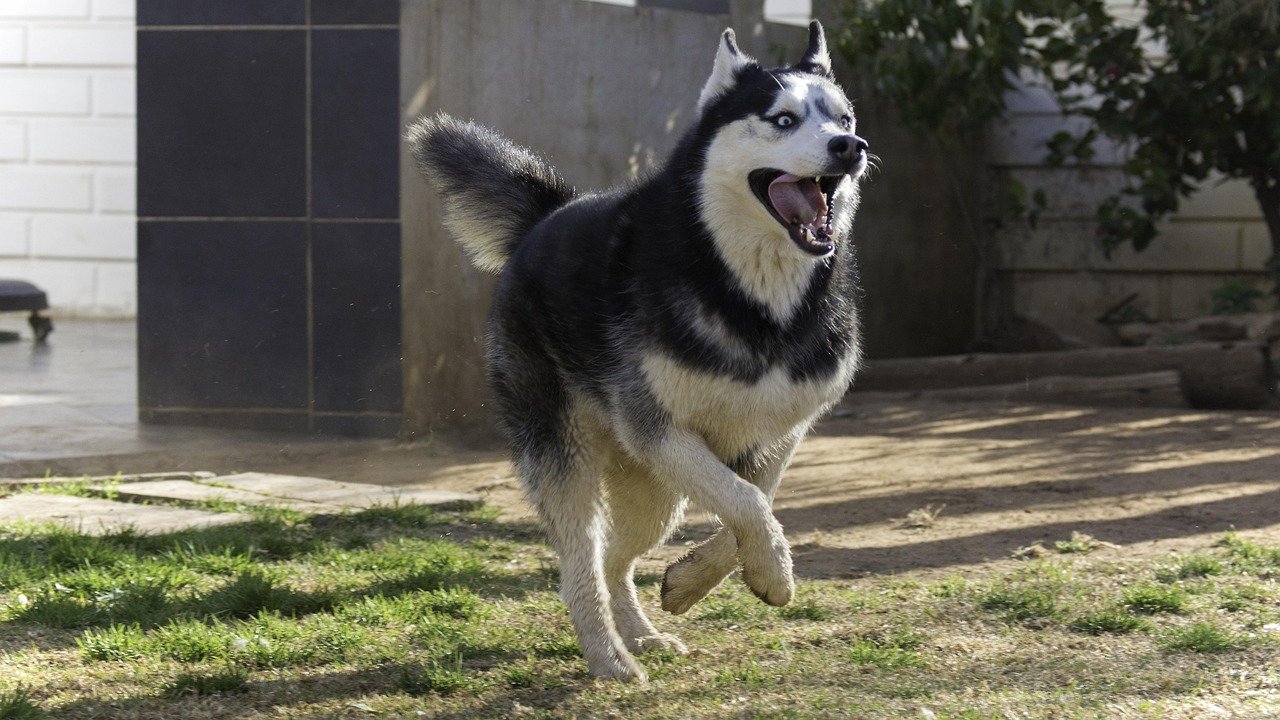
Siberian Huskies are famous for their energy and independence. These beautiful dogs were bred to pull sleds across frozen landscapes, making them natural-born adventurers with an endless need for excitement. If a Husky doesn’t get enough mental and physical exercise, you’ll soon discover their knack for escaping fenced yards or gnawing through anything they can find. They’re known for being master escape artists, sometimes even outsmarting their owners. Huskies need complex games, regular training, and plenty of room to explore. Without these, they can become unruly and destructive, digging holes, howling, or stealing food from the counter. Give them a job or a challenging game, and you’ll have a happy Husky; ignore them, and chaos is guaranteed.
Australian Shepherd
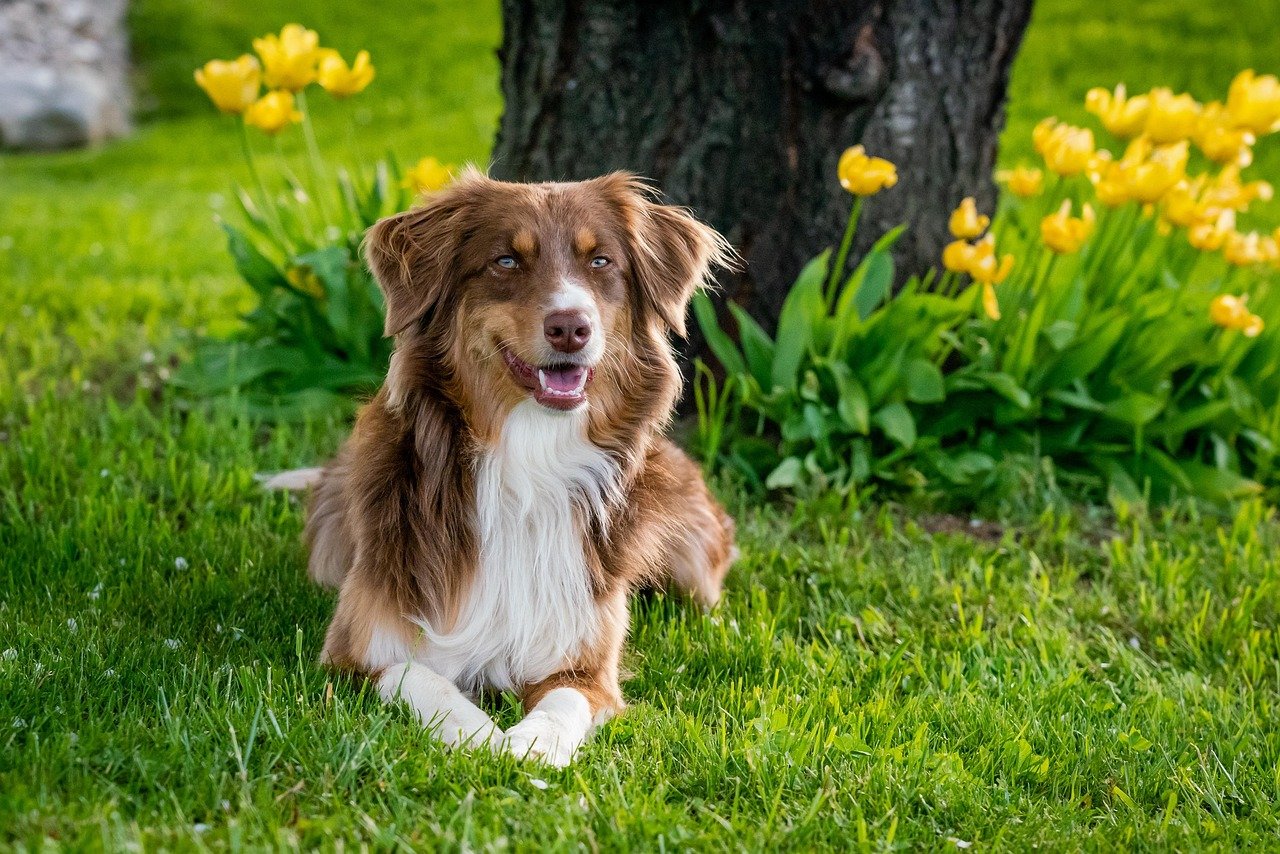
Australian Shepherds are the epitome of a working dog. Their sharp minds and eagerness to learn make them stars in obedience and agility competitions. Aussies thrive when given tasks, whether it’s herding, fetching, or learning new tricks. Without regular mental stimulation, they’re prone to boredom, leading to barking, chewing, or herding anything that moves—including your family members. These dogs love puzzles, interactive toys, and new environments to explore. If you don’t keep their minds busy, they’ll find ways to stay entertained, often at the expense of your household peace. Investing time in their training and play is essential to keeping an Australian Shepherd content and out of trouble.
German Shepherd
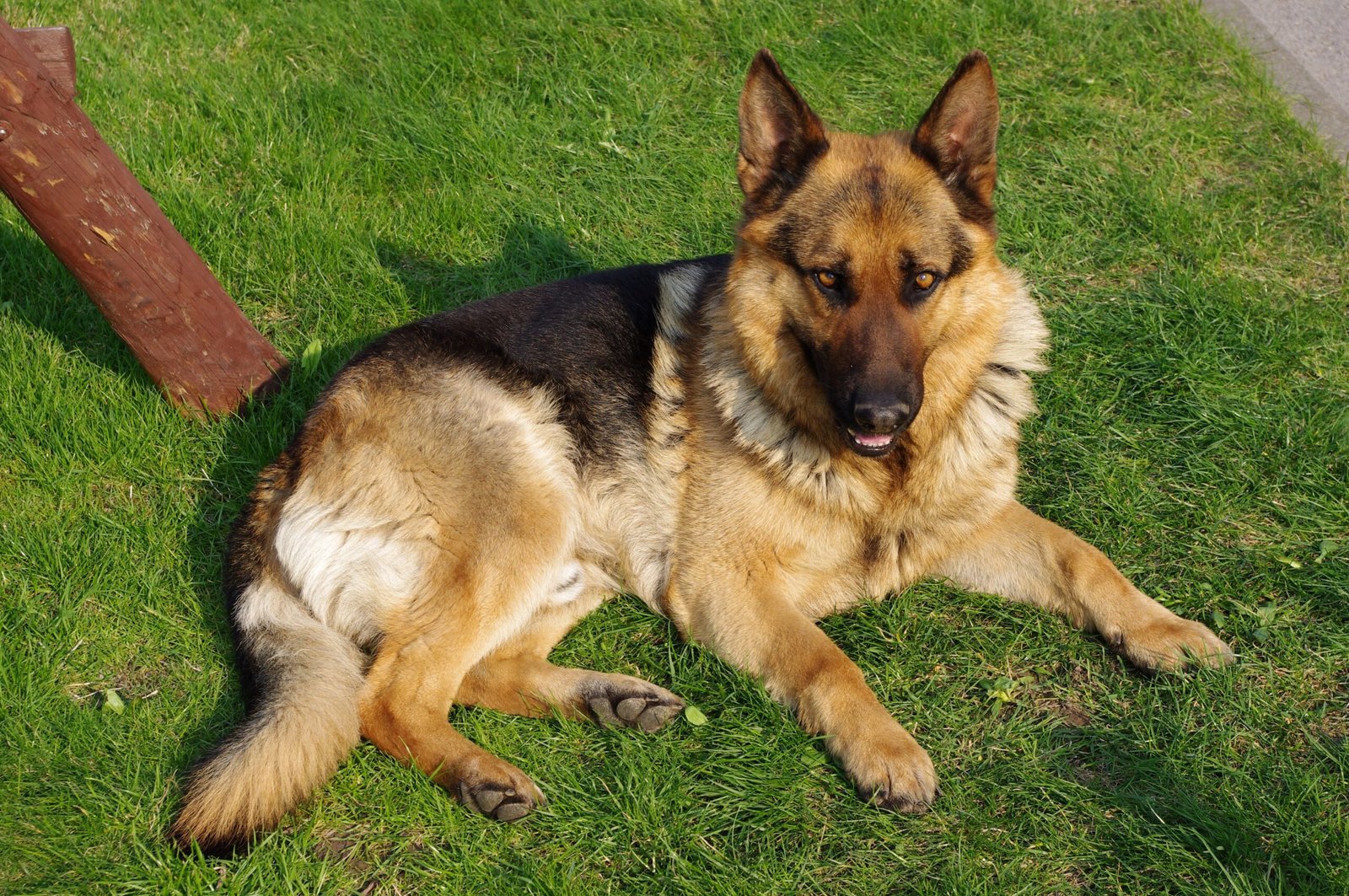
German Shepherds are often seen as police or service dogs, and for a good reason: their intelligence and focus are second to none. These dogs crave mental challenges and need a purpose. Without structure and stimulation, they may develop anxiety or destructive habits like chewing, digging, and even trying to “guard” you from guests. Training sessions, scent games, and obedience challenges keep them engaged and happy. German Shepherds are always eager to learn something new, and they excel when given regular opportunities to use their minds. Neglecting their need for mental activity can lead to a frustrated, mischievous dog who finds their own ways to stay busy.
Jack Russell Terrier
Jack Russell Terriers may be small, but their brains and energy are enormous. Bred for hunting, these dogs have endless curiosity and a need for constant mental stimulation. If they’re bored, Jack Russells will dig, bark, and find things to destroy. They love puzzle toys, agility courses, and games that challenge their problem-solving skills. These terriers are quick learners but also quick to get into mischief if left alone with nothing to do. Their cleverness means they can outsmart baby gates, open doors, and even figure out how to get into the treat jar. Keeping them busy isn’t just a recommendation—it’s a necessity if you want to keep your home intact.
Belgian Malinois
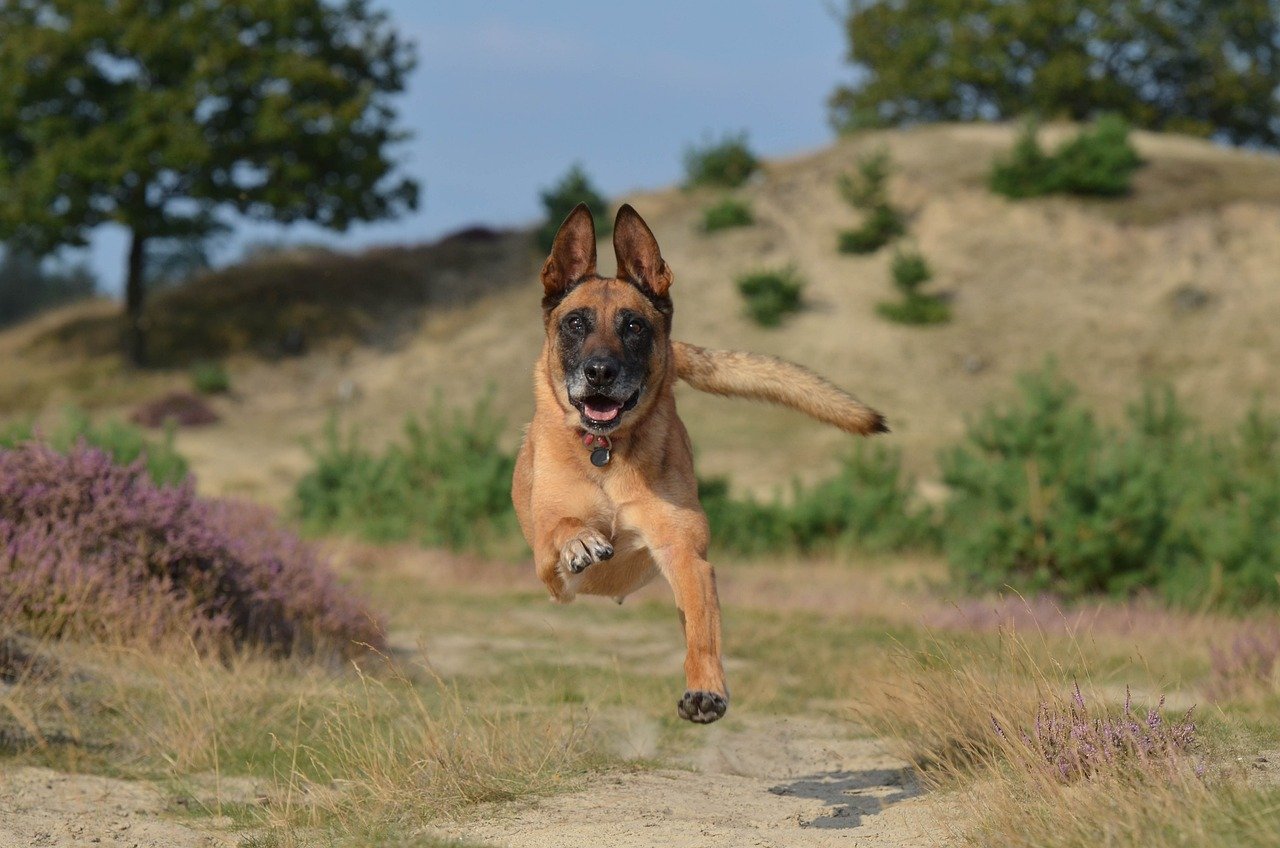
The Belgian Malinois is a powerhouse of intelligence and energy. Commonly used as police and military dogs, they need constant mental and physical activity. Without enough stimulation, Malinois can become anxious, frustrated, and even aggressive. They’re happiest when given jobs to do, like advanced obedience training, tracking, or protection work. If you don’t challenge their minds, they’ll channel their energy into undesirable behaviors like chewing, digging, and excessive barking. These dogs are not for the faint of heart—they demand time, patience, and creativity from their owners. But for those willing to meet their needs, the Malinois is a loyal, hardworking partner.
Doberman Pinscher

Dobermans are known for their loyalty, intelligence, and striking appearance. They’re quick learners and love to be mentally challenged. Without enough stimulation, Dobermans can become restless and destructive, sometimes developing anxiety or even aggression. They thrive on advanced training, interactive play, and new experiences. These dogs need more than just a daily walk—they want to solve problems and be involved in family activities. If their mental needs aren’t met, they’ll find other outlets, which could mean chewing up shoes or barking incessantly. Keep a Doberman’s mind busy, and you’ll have a devoted, well-behaved companion.
Sheltie (Shetland Sheepdog)
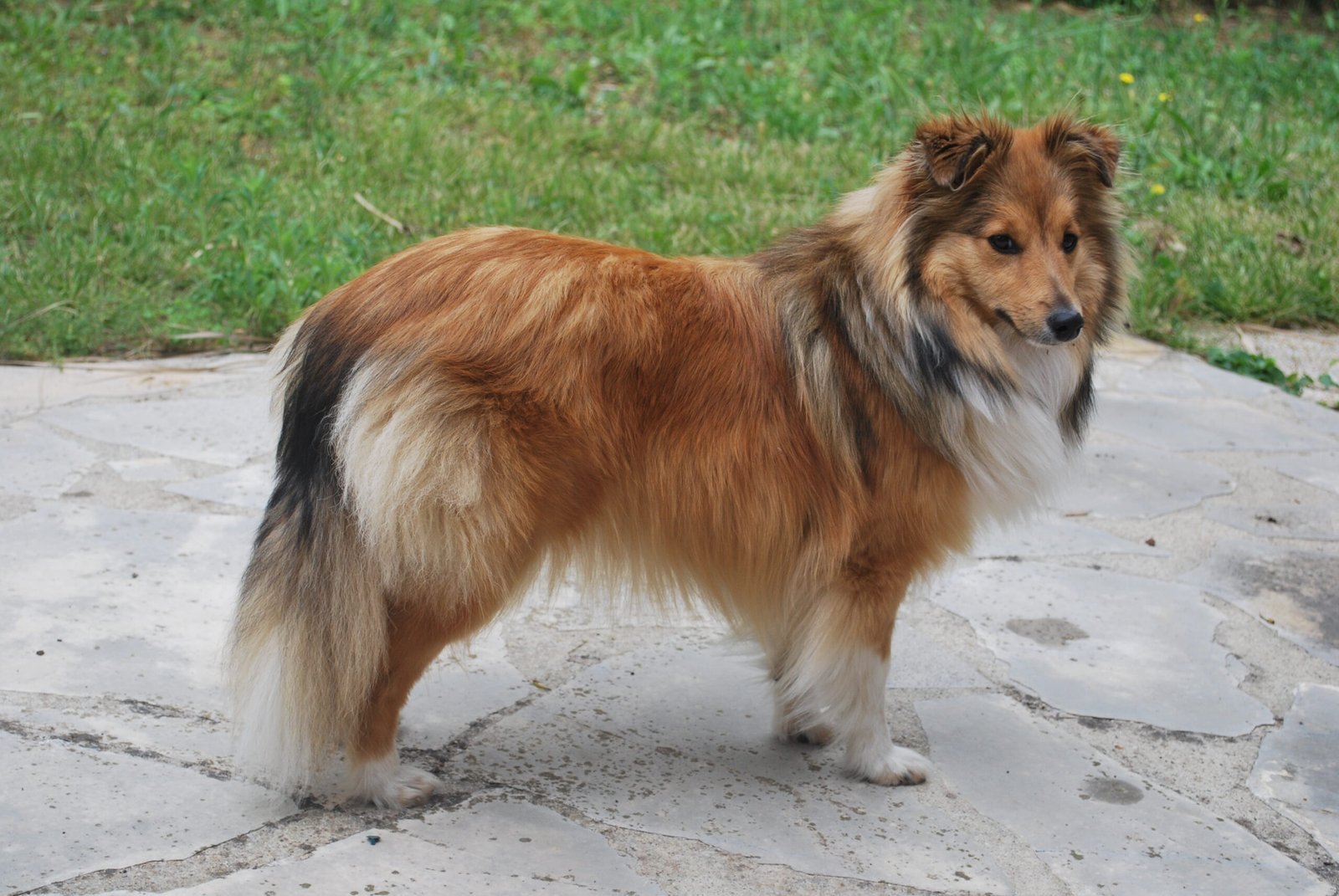
Shelties are often described as little geniuses. They’re incredibly quick to learn and love to please their owners. Originally bred to herd sheep, Shelties have a strong work ethic and a need for mental challenges. If left bored, they may bark excessively, chew on furniture, or try to herd pets and children. Shelties excel at agility, obedience, and trick training, and they love interactive toys that make them think. These dogs want to be part of the action and need daily mental stimulation to stay happy and well-behaved. Without it, you’ll likely see them inventing their own games—some of which might not be appreciated indoors.
Labrador Retriever
Labrador Retrievers are much more than just friendly faces; they’re highly intelligent and eager to learn. Labs love challenges and thrive when given tasks to do, whether it’s retrieving, scent games, or learning new tricks. If they’re bored, they can become destructive chewers, diggers, or develop bad habits like counter surfing. Labs respond well to training games, puzzle feeders, and new experiences. Giving them plenty of mental stimulation is crucial to keeping them out of trouble. A bored Lab can be a whirlwind of energy and mischief, but an engaged Lab is a loyal, loving family member.
Golden Retriever

Golden Retrievers are famous for their gentle nature and intelligence. These dogs love to learn and be involved in family activities. Without enough mental stimulation, Goldens can become bored and destructive, chewing on furniture or developing separation anxiety. They excel at obedience, agility, and even therapy work, always eager to please and take on new challenges. Golden Retrievers enjoy interactive toys, training games, and socialization. Keeping their minds busy isn’t just about preventing bad behavior—it’s about making them truly happy. A mentally stimulated Golden is a joy to have around, while a bored one might just surprise you with their creativity—like figuring out how to open the fridge!
Miniature Schnauzer
Miniature Schnauzers are spirited, clever, and full of personality. These little dogs are always on the lookout for something interesting to do. Without enough mental stimulation, they can become stubborn, noisy, and destructive. Schnauzers love puzzle games, obedience training, and activities that let them use their brains. Their intelligence makes them quick learners but also means they’ll find ways to entertain themselves if you don’t keep them busy. Expect them to invent new games, get into cupboards, or bark at anything that moves when bored. Keeping a Schnauzer’s mind engaged is key to a peaceful and happy home.
A dog’s mind is a powerful thing—keep it busy, and you’ll have a devoted and delightful companion. Leave it idle, and you may find yourself living with a whirlwind of chaos. Did you expect some of these breeds to be such masterminds?

